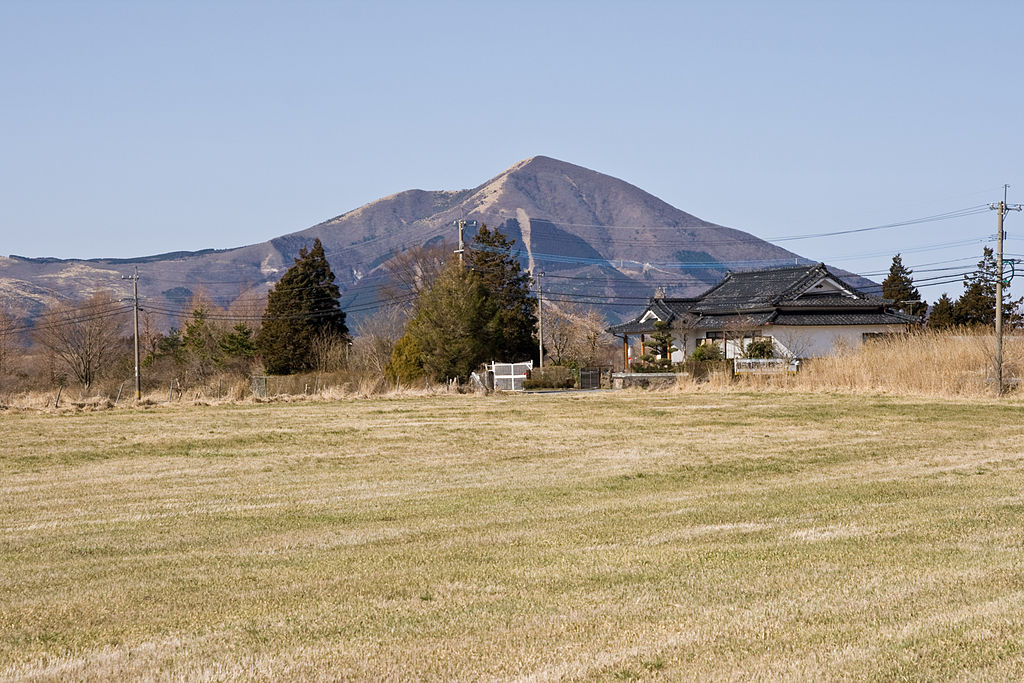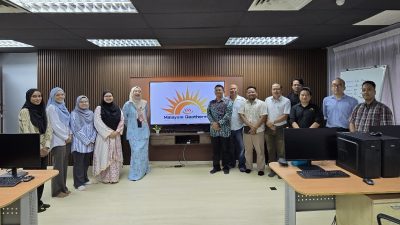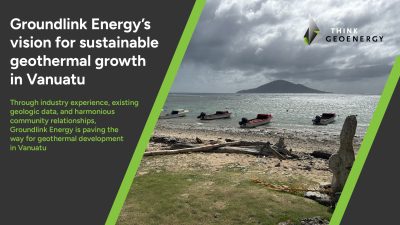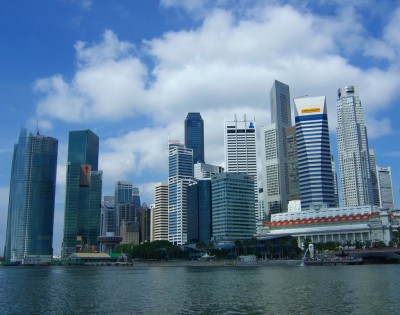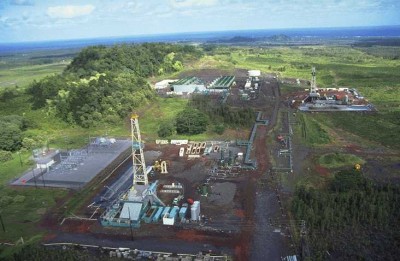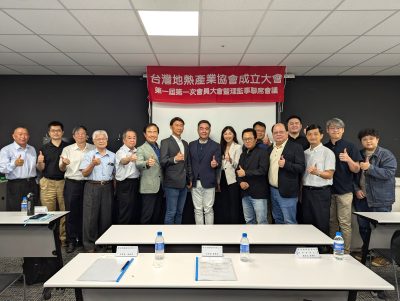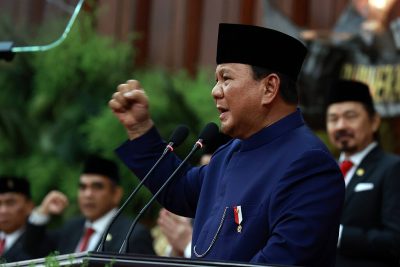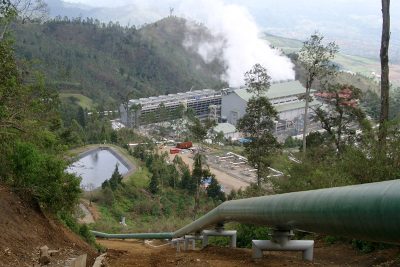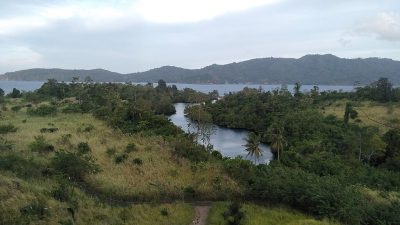Supermarket founder pushing geothermal development in Japan
As part of wider plans, Gyumo Super supermarket chain founder Shoji Numato pushing geothermal development with first plant to go online in 2024 in Waita, Kumamoto Pref. Japan.
A recent article by Auomo and Japanese public broadcaster NHK reported on the interest into geothermal by Shoji Numata (68) founder of the nationwide supermarket chain Gyomu Super. Gyomu Super, which has more than 960 stores nationwide. Now Mr. Numata passed the baton to his son and invested JPY 10 billion (ca USD 75 million) in his own funds to launch a geothermal power generation business. The 5 MW Ogunumachi project at Waita in Kumamoto Prefecture is expected to start operation in 2024.
It all started with Mr. Numata visiting 50 countries more than 500 times through his business while he was the president of Kobe Bussan (the parent company of Gyomu Super). He said that he felt social instability in various parts of the world, which he did not feel in Japan.
“Looking at the current problems in East Asia, there is a high risk that fossil fuels (crude oil, coal, gas, etc.) will not come to Japan. People may die. No one can say that such a situation will never come.”
The energy self-sufficiency rate of the United States is 104.4%, China’s is 80.2%, but Japan’s is only 12% (International Energy Agency survey, 2019).
“We can’t leave such a dangerous future to our children. We can’t just leave the energy self-sufficiency rate so low. Hopefully, what I can do to protect my loved ones during my lifetime. I want to do everything,” he said, explaining why he entered the energy industry.
Mr. Shoji Numata: “Hokkaido, Tohoku, and Kyushu are promising areas for geothermal power generation in Japan, but Kyushu is the most suitable region for geothermal power generation. There is a lot of steam necessary for geothermal heat in relatively shallow strata. The reason why we are working on geothermal power generation is because we believe that we must do it now for the sake of the next generation of children in Japan, who are facing energy problems.”
The reason many energy companies have not pursued geothermal power generation has been the high initial cost. The total cost of research, digging a well to pump up high-temperature steam from underground, and building a power plant totals more than JPY 10 billion.
In March of 2022, the company secured a JPY 5 billion (ca USD 37.5 million) loan for the development at Waita.
In fact, Mr. Numata had hit that wall in the past. Kobe Bussan has been in the natural energy business, including geothermal power generation, for about 20 years. Mega solar (solar power generation) and woody biomass (power generation that uses leftover wood from sawmills and unused thinned wood as fuel) continue to generate profits even now, but geothermal power generation was withdrawn due to a loss. rice field.
“If you drill a well for research, it will be at least several hundred million yen. If it’s a listed company that has
Numata sensed the limits of a listed company. Therefore, he decided to launch his own new company, Machiokoshi (Town Revitalization Energy).
Review the conventional way of doing things and reduce costs!
Mr. Numata, who started the new company, focused on cost reduction in his second challenge.
“We learned that in order to build a power plant, we would first have to spend 500 million yen or 1 billion yen to repair the road deep in the mountains. We have developed a machine that allows us to work without building roads.At the same time, we were able to omit the process of assembling a scaffold for excavation. We succeeded in reducing the cost to about JPY60 million.”
In order to cut down on unnecessary expenses, “We make what we really need”. This is the idea that Mr. Numata has put into practice at Gyomu Super.
Resolving not only power generation but also local problems
Although it is not limited to geothermal power generation, cooperation with the local community tends to be a problem in the power generation business. Due to concerns about environmental destruction and accidents, it is often difficult to gain the understanding of the local community.
“Large companies don’t establish local subsidiaries. They just absorb everything at their head office. Moreover, they leave everything to the consulting company, and the contents are limited to information provision and support for local briefing sessions, and they do not solve the problems of the region at all,” says Mr. Numata. is indignant.
On the other hand, “We always create a local subsidiary, pay local property tax and corporate tax, and then hire locally, we employ more than 10 people and are engaged in the design and construction of power plants, aquaculture using hot water, agriculture, etc. Local people have a problem that there is no place to work even after graduating from school here. So if you take this kind of consideration into consideration, you will be understood without much opposition.”
Partly because of this attitude, “town revitalization energy” has already obtained permission for 30 locations nationwide.
